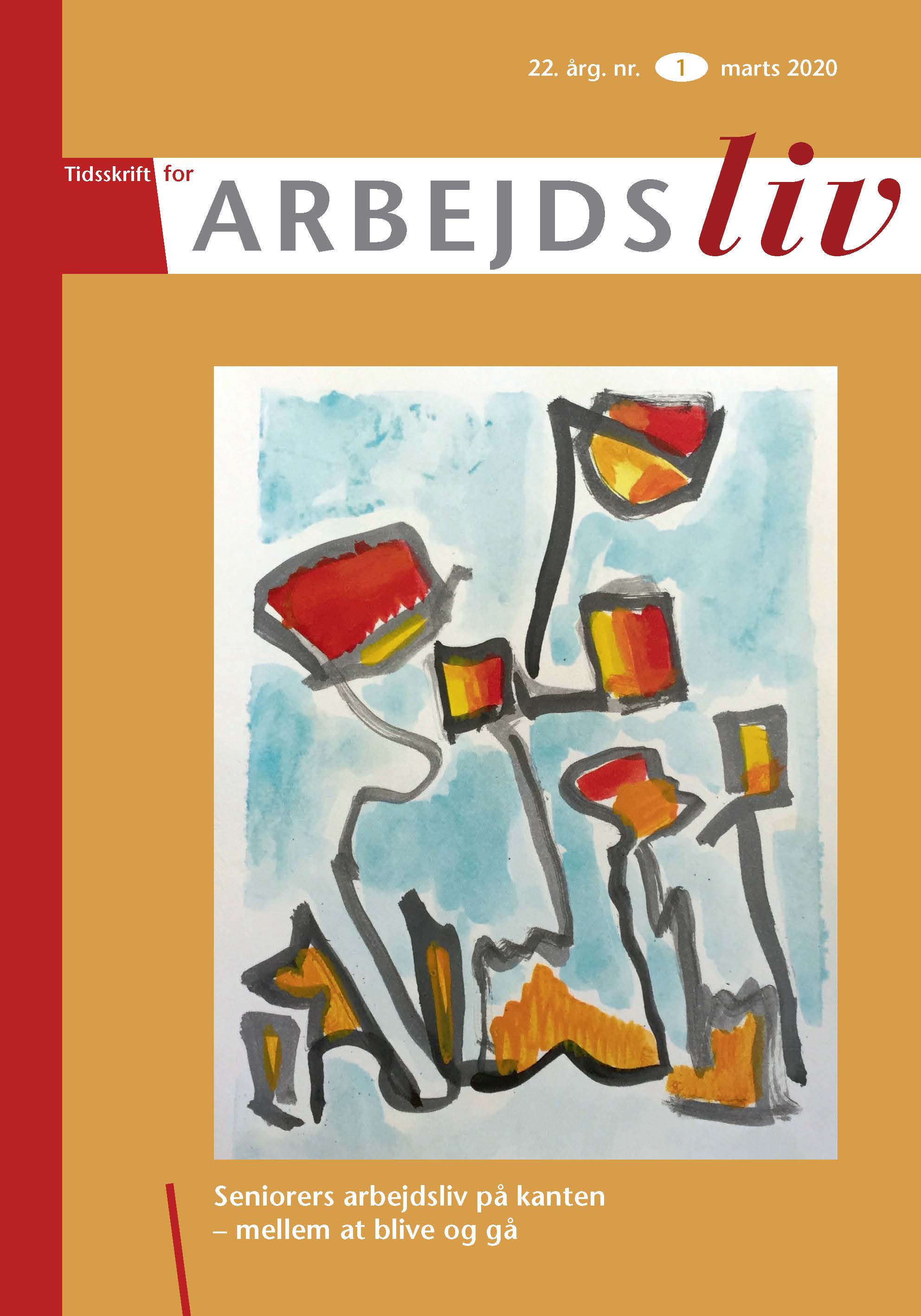Social Class and Early Retirement: A Life Course Perspective
DOI:
https://doi.org/10.7146/tfa.v22i1.120189Keywords:
Tidlig tilbagetrækning fra arbejdsmarkedet, Social Klasse, Livsforløb, Arbejdsløshed, HelbredAbstract
Although strong evidence on the impact of social class on early retirement behavior exist, it is relatively unexplored to what extent the effect of social class on early retirement changes as individuals’ age over the life course. Based on the ‘cumulative dis/ advantage’ theory, I argue that the social class differences in early retirement will increase over the life course, because members of the working class throughout their working life have been more exposed to push factors like unemployment and poor health compared to members of the higher service class. Using Danish administrative register data, this study conducts event-history analysis, in which the cohort born in 1951 are followed from the age of 50 and until early retirement takes place. The results show that members of the working class retire signifi cantly earlier than members of the higher service class do and the difference between the two groups increases signifi cantly over the later life course. The results also show that previous spells of unemployment and poor health from midlife have long-term consequences for the risk of early retirement and the social class effects on the risk of early retirement are partially explained by the contemporaneous effects of unemployment and health status.
Downloads
Published
How to Cite
Issue
Section
License
Forfattere, der publicerer deres værker via dette tidsskrift, accepterer følgende vilkår:
- Forfattere bevarer deres ophavsret og giver tidsskriftet ret til første publicering, samtidigt med at værket ét år efter publiceringen er omfattet af en Creative Commons Attribution-licens, der giver andre ret til at dele værket med en anerkendelse af værkets forfatter og første publicering i nærværende tidsskrift.
- Forfattere kan indgå flere separate kontraktlige aftaler om ikke-eksklusiv distribution af tidsskriftets publicerede version af værket (f.eks. sende det til et institutionslager eller udgive det i en bog), med en anerkendelse af værkets første publicering i nærværende tidsskrift.
- Forfattere har ret til og opfordres til at publicere deres værker online (f.eks. i institutionslagre eller på deres websted) forud for og under manuskriptprocessen, da dette kan føre til produktive udvekslinger, samt tidligere og større citater fra publicerede værker (se The Effect of Open Access).





